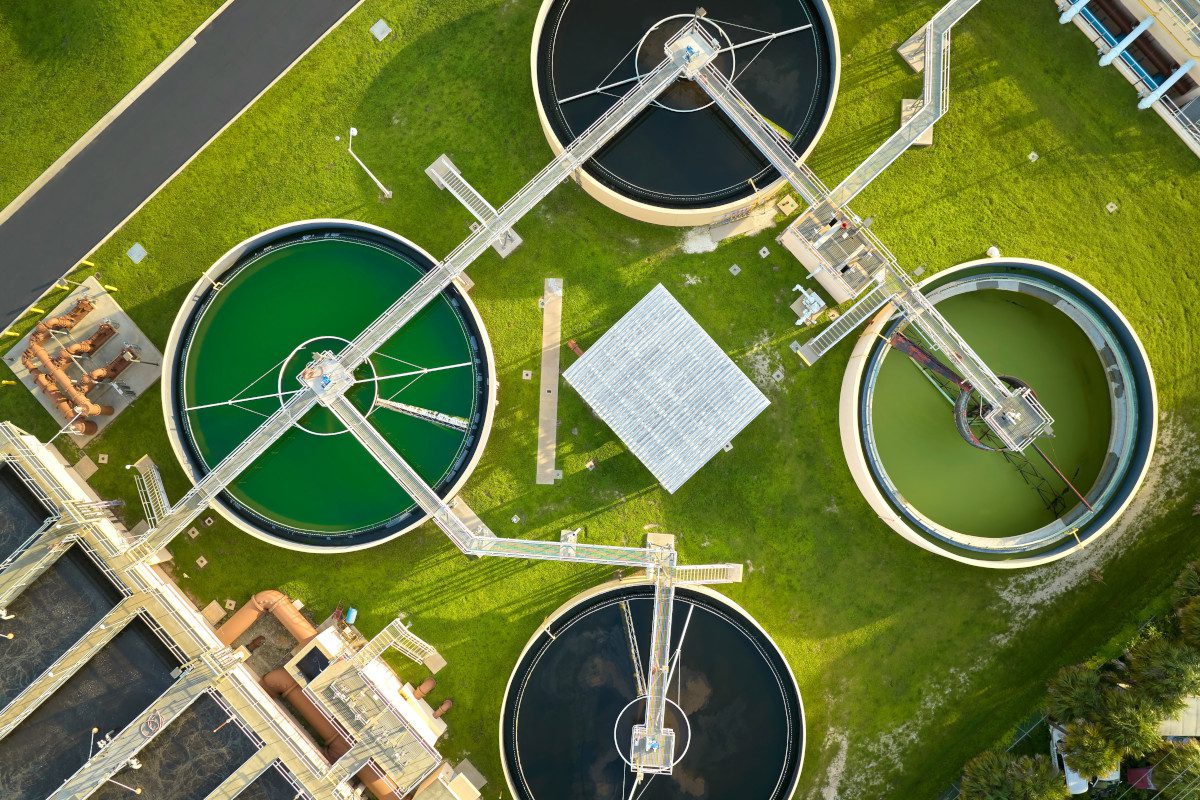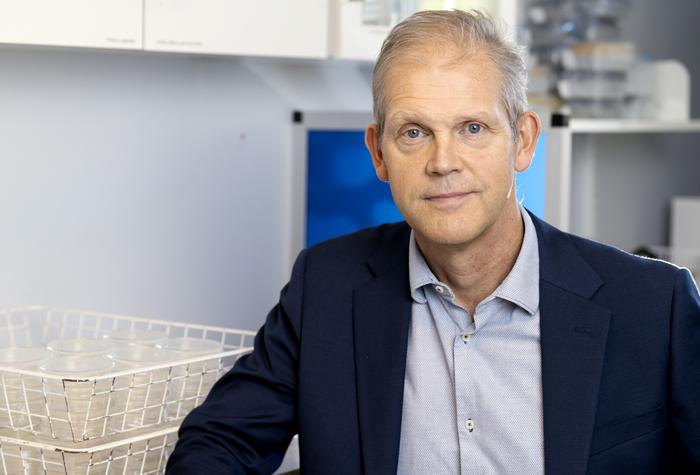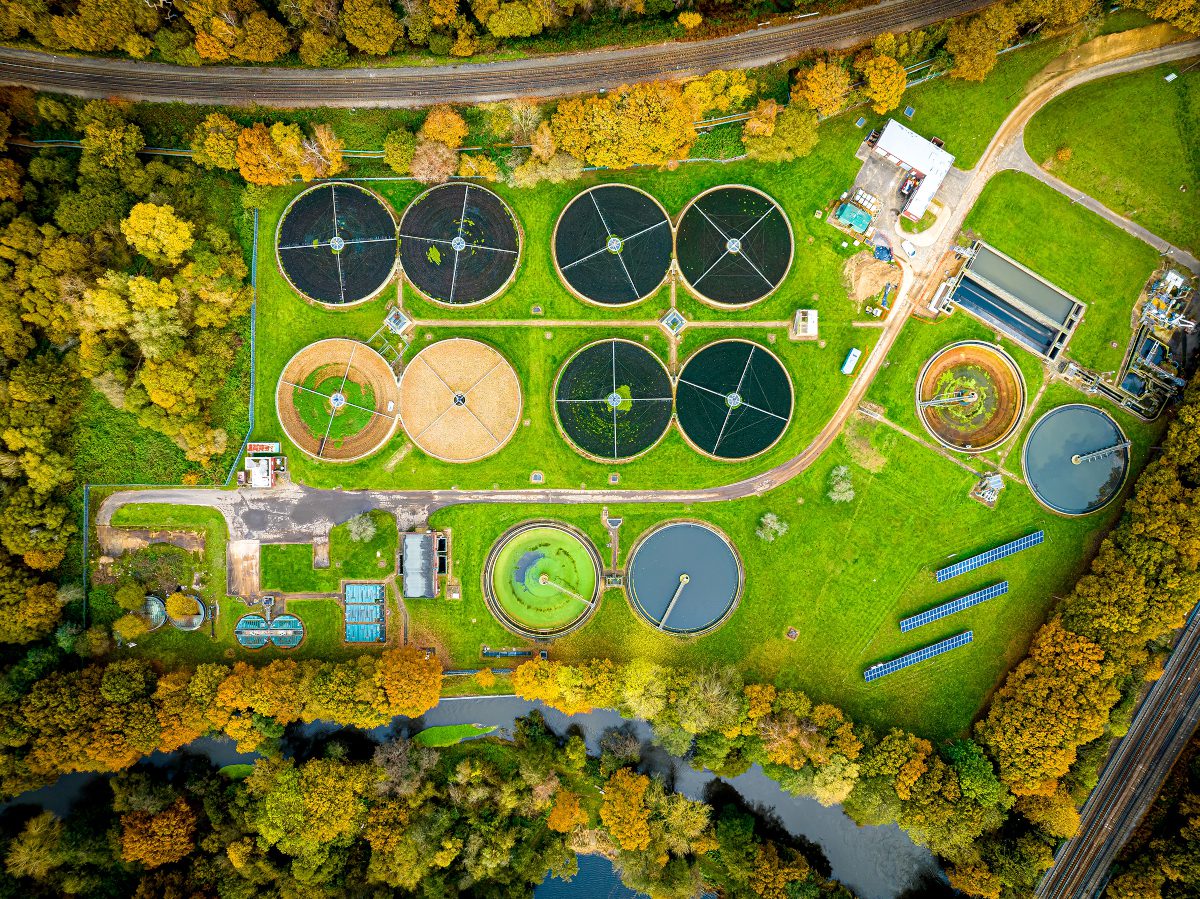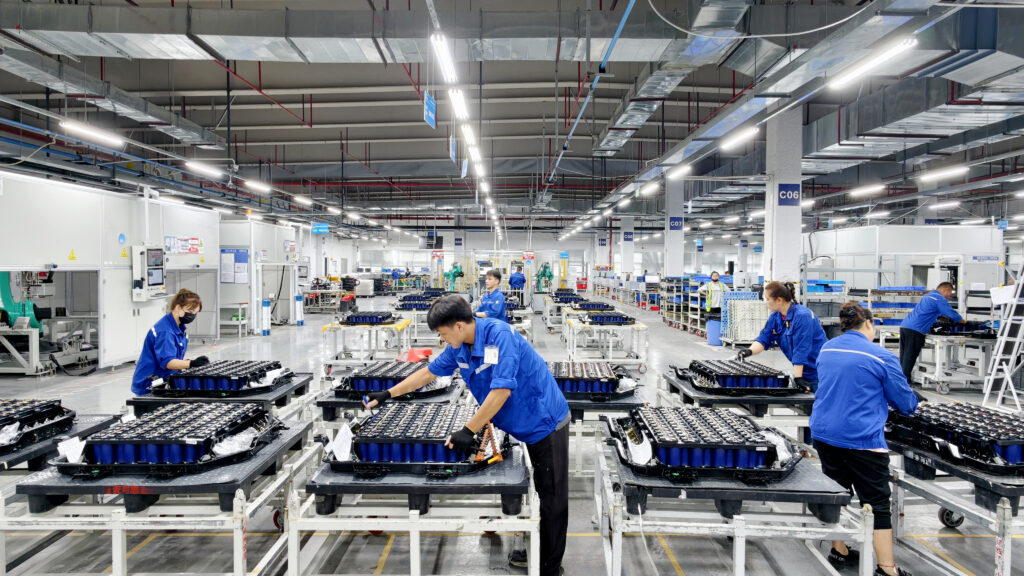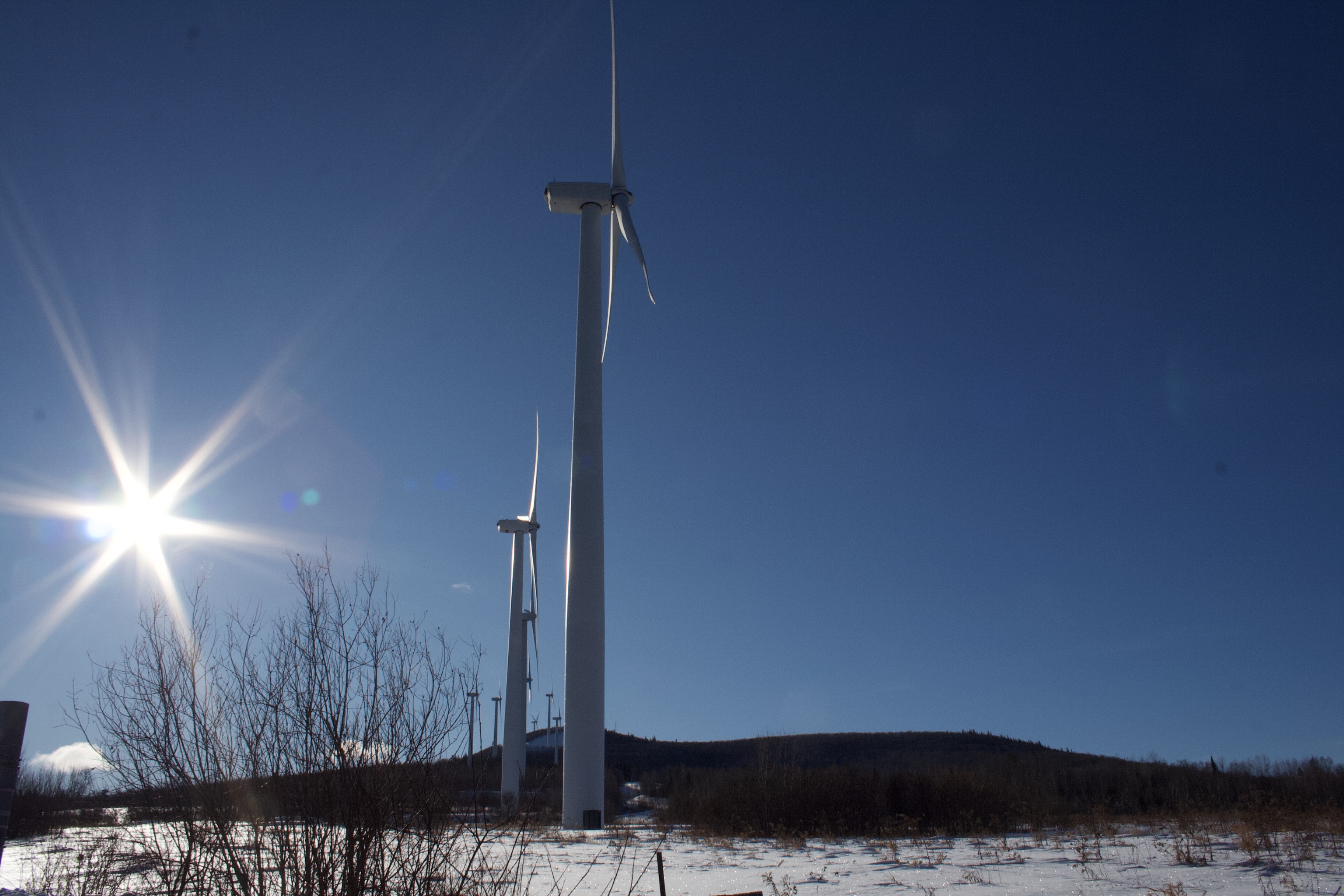Enhanced wastewater treatment holds the key to reducing sewage overflows to the environment in a sustainable way, says Dominic Hurd, managing director, ACWA Services.
Public and political pressure on water companies to address the issue of sewage spills into rivers and seas means overflows are no longer solely an issue for operations teams. They top the in-trays of water company chief executives, who are personally invested in finding the best solutions available to address this highly charged challenge.
The brief from government demands sustainable and ‘nature-based’ solutions to the many water and wastewater challenges on their desks. While the Defra’s attention is understandably drawn to highly desirable habitat-rich wetland schemes for wastewater treatment, as stated in the 2023 Plan for Water, there is a more direct route to managing spills and pollution already being adopted by water companies.
It is an enhancement to the original nature-based solution – activated sludge (AS), which uses biological organisms concentrated in reactors to produce highly treated effluent. One of many advantages of AS over legacy sewage farms in the early 20th century, was that much greater volumes of wastewater could be treated in a much smaller footprint. With a few tweaks, that is the system still operating at many sites across the UK.
Today’s utilities are facing a challenge no different from the one addressed by engineers Arden and Lockett, who were carrying out research at Davyhulme sewage works in 1913 – they need a higher throughput in the same footprint. They also need to raise the quality of water discharged to the environment to match 21st century public expectations.
Massive investment
Some £2.5 billion of investment in wastewater treatment works was allocated to halving phosphorus discharges in AMP7 – between 2020 and 2025, but this is dwarfed by the government’s Storm Overflows Discharge Reduction Plan, which requires an anticipated £56-billion capital investment over the next 25 years. The size of the investment indicates that solving this multifaceted challenge will not require a single bullet, but a considerable arsenal.
Given the scale, extent and site constraints of existing AS installations, a focus on technologies and equipment that can advance site efficiency and increase process volumes will be a pragmatic way to go in many instances. There are proven alternatives, readily available, that can be rapidly retrofitted to upgrade existing sites.
One such is ACWA-Nuvoda’s MOB – Mobile Organic Biofilm, which uses a unique organic mobile carrier media, derived from the core of the kenaf plant, to achieve a rapid and significant increase in treatment capacity. Retrofitting existing wastewater treatment plants with MOB ensures discharge consents are met by reducing nutrient levels in effluent discharges, while delivering energy, carbon and chemical savings.
According to Ofwat, activated sludge plants (ASPs) in England and Wales may be reaching flow-to-full-treatment (FFT) level, a requirement of their environmental permits, more frequently, and on occasion breaching their permits. This is due to factors including increasing intensive rainfall events, poor maintenance and incorrect operation of equipment.
Where high flow enters the works, as well as the risk of spills to the environment, the plant can experience washout of the microorganisms essential to the biological processes. These exit the works due to the high hydraulic load and the recovery time for processes can be days and even weeks.
With ACWA-Nuvoda MOB, those organisms are retained as thick biofilm growth on the plant-based biomedia, and regenerated within the system, delivering increased treatment capacity and shortening recovery time to hours.
The kenaf plant is a multi-purpose regenerative fibre that has historically been used in the production of rope, building materials and animal feed. It has been selected and specifically machined as the biomedia for MOB because of its absorptivity, high surface area, unique cellular structure and longevity in secondary treatment conditions.
The biomedia is retained within the system using a rotary drum screen installed on the surplus activated sludge line. Screened media is simply returned to the bioreactor, making the process nearly 100% efficient, with very little top-up required.
Reduced costs
Along with nutrient removal, MOB ensures improved settling and optimised process stability, even during fluctuating weather conditions. It reduces the need for polymers, coagulants and phosphorus precipitation technologies, reducing overall capital and chemical cost. It also improves sludge dewatering, significantly reducing tankering requirements.
For the many existing ASP treatment works with little room for expansion, MOB offers a solution. Mobile Organic Biofilm is a ‘no-build’ solution that can be introduced into existing systems, offering significant capital savings and no extra land-take.
Spill mitigation
MOB offers facilities an opportunity for spill mitigation by increasing the available hydraulic capacity of an existing treatment works. Thereby allowing more flow to a treatment works rather than diversion to rivers and streams during high flow rain events.
Headquartered in Yorkshire, ACWA Services has been delivering specialist wastewater treatment services in the UK and globally for nearly 40 years. The company is the exclusive agent of Nuvoda’s MOB patented technology in the UK and Ireland, which is already installed in numerous full-scale municipal and industrial installations across Europe and North America.
The scale and potential cost of investment required to meet the latest UK targets on environmental discharges means enhanced treatment has a significant role to play. This requires an interrogation of what ‘nature-based’ means, and which solutions can be delivered rapidly and reliably.
Where site footprint is tight, pollution risk is high and public pressure is on, readily available technologies like MOB are already delivering highly efficient, sustainable treatment; with some of the UK’s most progressive utilities already on board.




